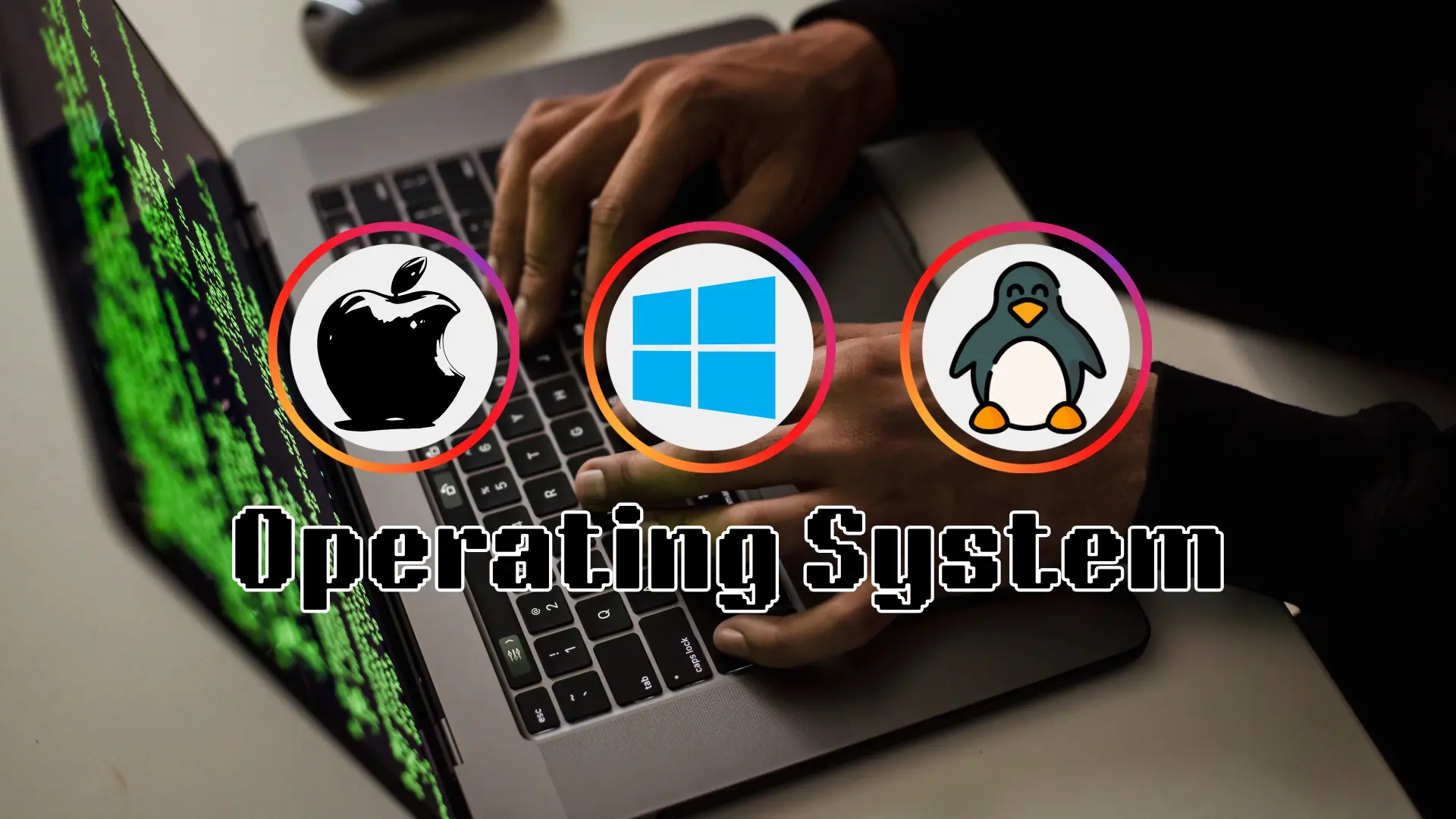Introduction
Operating systems (OS) form the cornerstone of modern technology. They manage hardware resources, provide user interfaces, and enable seamless application performance. Understanding their history and functionality enhances our grasp of how technology shapes our lives.
The Evolution of Operating Systems
The journey of operating systems is closely tied to the evolution of computers. From batch processing in the 1950s to the rise of personal computers in the 1980s, each era brought transformative advancements:
- 1950s: Batch processing systems for sequential task automation.
- 1960s: Time-sharing systems enabling multi-user interactions, introducing UNIX.
- 1980s: The rise of personal computers with user-friendly OSes like MS-DOS, Windows, and macOS.
Key Components of an Operating System
Operating systems consist of several crucial components that ensure smooth operation:
- Kernel: Manages system resources and facilitates hardware-software communication.
- Process Management: Oversees process execution, scheduling, and resource allocation.
- Memory Management: Allocates memory, handles virtual memory, and manages swapping.
- File System: Organizes data for efficient access and management.
- Device Drivers: Enable OS-hardware communication for various devices.
- User Interface: Provides graphical or command-line interaction for users.
Types of Operating Systems
Operating systems vary by design and application. Key types include:
- Batch OS: Processes sequential tasks with minimal user interaction.
- Time-Sharing OS: Enables simultaneous multi-user interactions.
- Distributed OS: Manages resources across networked systems.
- Real-Time OS: Designed for applications requiring precise timing, such as embedded systems.
- Mobile OS: Optimized for smartphones and tablets, e.g., Android and iOS.
- Network OS: Handles resources and services in networked environments.
The Impact of Operating Systems on Modern Computing
Operating systems revolutionize how we interact with technology by simplifying hardware complexities. Open-source systems like Linux empower innovation, while specialized cloud OSes redefine scalability and accessibility. Their evolution continues to drive technological progress.
Conclusion
Operating systems are the unsung heroes of technology. From their humble beginnings to their current role in advanced computing, they enable the seamless integration of hardware and software, empowering innovation and shaping digital experiences.
Tags: operating systems, OS history, kernel, process management, memory management, file systems, types of operating systems, modern computing
